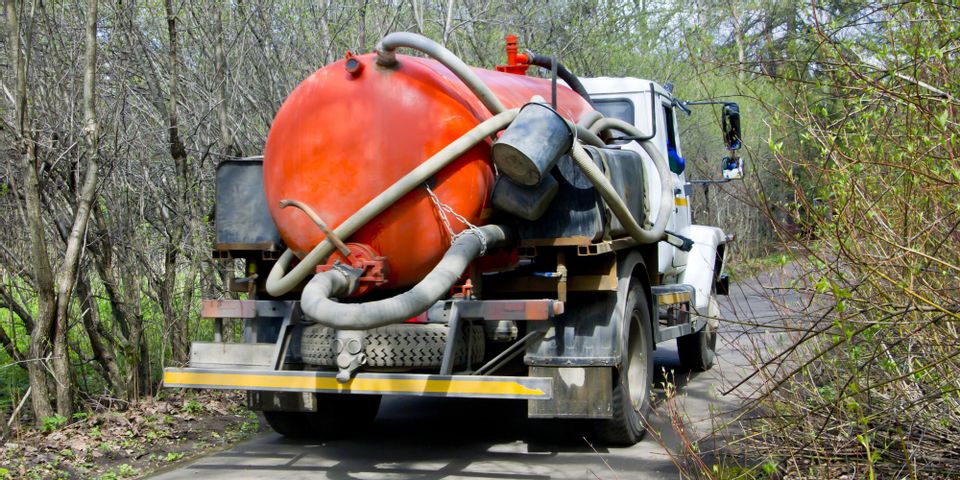
While septic systems typically don’t need much maintenance, they can still break down from time to time. By understanding what causes breakdowns, you’ll have a better sense of when to call your plumber to avoid damage to your property and disruption to your routine. Here is a guide to common causes of septic failure.
Why Septic Systems Break Down
1. Too Much Time Without Pumping
While a septic system does not need weekly or monthly attention, it does require a full pumping every few years. Over time, the solid waste, or sludge layer, will continue to rise, taking up an increasing amount of space in the tank. If a technician doesn’t pump it out, it will eventually spill over into your drain field, threatening the soil and causing unpleasant backups throughout the house.
2. Increased Water Consumption
 Before installation, a plumber will calculate the necessary size of the septic tank based on the number of residents in your home and typical water usage. If that usage increases drastically for any reason, like having guests stay for an extended time or running a washing machine or dishwasher more than usual, it overloads the tank. As it floods, it will not process waste.
Before installation, a plumber will calculate the necessary size of the septic tank based on the number of residents in your home and typical water usage. If that usage increases drastically for any reason, like having guests stay for an extended time or running a washing machine or dishwasher more than usual, it overloads the tank. As it floods, it will not process waste.
3. Physical Interference
When you have a septic tank on the property, you need to safeguard it from potential disruption. Residents should never park their vehicle near the drain field because the increased degree of pressure can shift the soil and put stress on the tank. You should also take care when planting any greenery nearby because roots can dislodge the tank, shutting the whole waste system down until a plumber can restore it through excavation and repair.
American Sewer & Septic Service in Albany, OR, will help when your septic system starts to malfunction. The fully licensed plumber will conduct a thorough inspection of your property and tank to gauge the problem, and then they will solve it efficiently and effectively. They are available to troubleshoot tanks on residential, commercial, and industrial properties in both Linn and Benton Counties. Visit the website to learn more about their services, and request an estimate by calling (541) 926-1185.
About the Business
(1 reviews)
Have a question? Ask the experts!
Send your question

